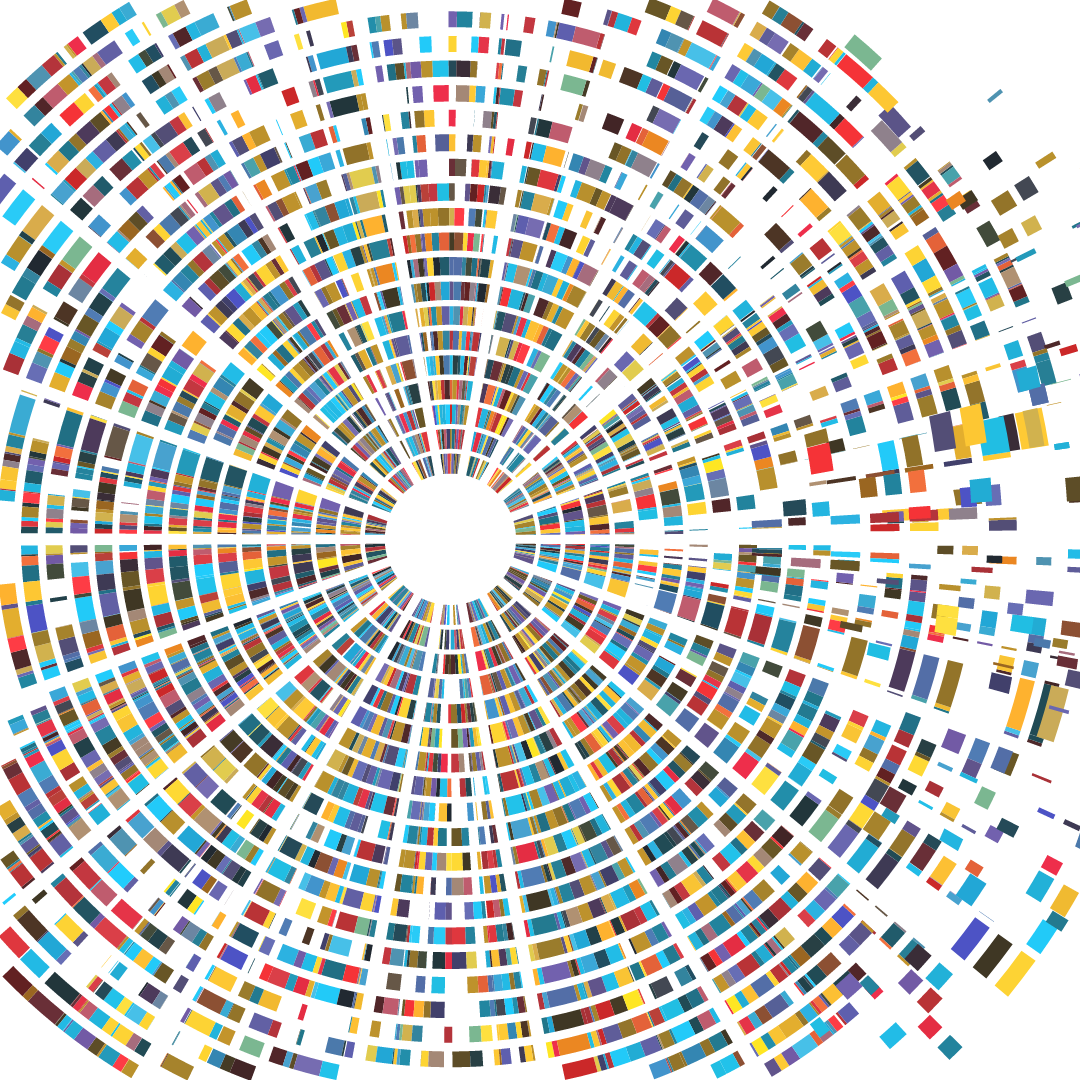The precarious future of consumer genetic privacy
By Natalie Ram, Anya E. R. Prince, Jessica L. Roberts, Dov Fox, and Kayte Spector-Bagdady,
Science
| 09. 11. 2025
After declaring bankruptcy in March 2025, direct-to-consumer (DTC) genetic testing company 23andMe sold the data of more than 15 million people around the world to TTAM Research Institute, a nonprofit organization created by 23andMe’s founder and long-time CEO. 23andMe’s customers might breathe a sigh of relief that their data didn’t end up in the hands of different leadership. But the saga made salient the ways in which existing laws fail to fully protect genetic data against exploitation and misuse. Commercial sales of genetic data have happened before, and they will happen again. The next data sale is likely to involve a buyer unrelated to the seller, which may result in fewer privacy protections. Congress has finally expressed interest in taking action, but proposed legislation does not provide adequate or genuine consumer protection.
The Business of DTC Genetics
23andMe held one of the largest genetic databases in the world. In many ways, its DTC model was the paradigm: Consumers buy a testing kit, collect a saliva sample, and ship their biospecimen back to the company. The company extracts DNA from the...
Related Articles
By Alex Polyakov, The Conversation | 02.09.2026
Prospective parents are being marketed genetic tests that claim to predict which IVF embryo will grow into the tallest, smartest or healthiest child.
But these tests cannot deliver what they promise. The benefits are likely minimal, while the risks to...
By Steve Rose, The Guardian | 01.28.2026
Ed Zitron, EZPR.com; Experience Summit stage;
Web Summit 2024 via Wikipedia Commons licensed under CC by 2.0
If some time in an entirely possible future they come to make a movie about “how the AI bubble burst”, Ed Zitron will...
By Arthur Lazarus, MedPage Today | 01.23.2026
A growing body of contemporary research and reporting exposes how old ideas can find new life when repurposed within modern systems of medicine, technology, and public policy. Over the last decade, several trends have converged:
- The rise of polygenic scoring...
By Daphne O. Martschenko and Julia E. H. Brown, Hastings Bioethics Forum | 01.14.2026
There is growing concern that falling fertility rates will lead to economic and demographic catastrophe. The social and political movement known as pronatalism looks to combat depopulation by encouraging people to have as many children as possible. But not just...




